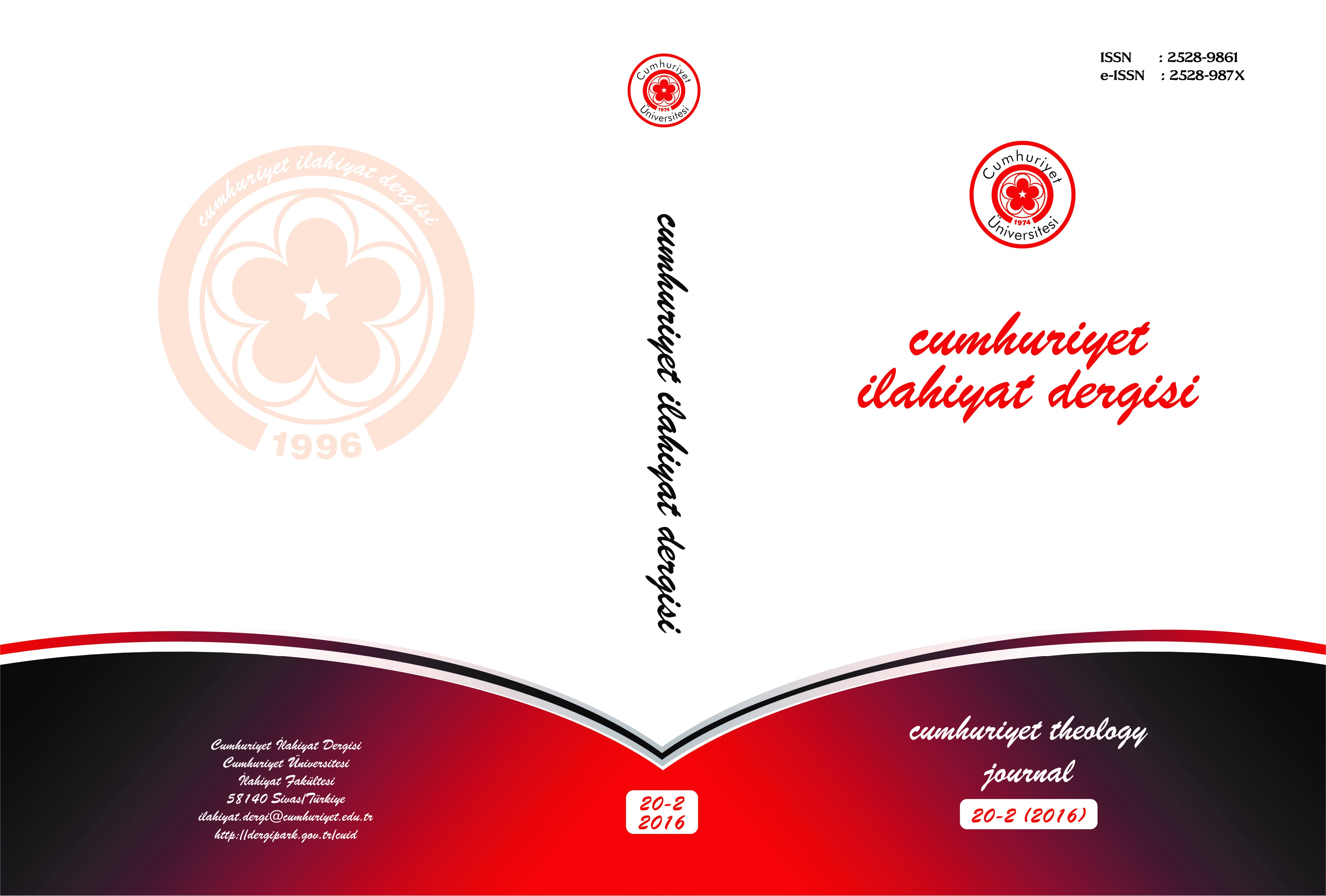Malezya Kamusal Zekât Uygulaması Üzerine
On the Malaysian Public Zakat Administration
Author(s): İsmail YalçınSubject(s): Economy, Islam studies, Religion and science , Sociology of Religion
Published by: Cumhuriyet Üniversitesi İlahyat Fakültesi
Keywords: Malaysia; Zakat; Centralization; Nationalization; Institutionalization; Modern problems
Summary/Abstract: Zakat is a monetary form of religious worship that establishes a bridge between a rich and a poor, helps those who are in need and contributes to peace and tranquillity within a society. When zakat is collected properly under a government control and transmitted to those who deserve, it helped to decrease the gap between the poor and the rich, supported activities of social solidarity and revived the economy as well. Malaysia after its independence in 1957 has developed an interest in Islamic practices by drawing attention to a distinctive practice with the public zakat system. Even though a national- central system of zakat could not be established due to the federal structure of the country, the collection and distribution of zakat has been centralized on a state level. Parts of the practice are being criticized, reviewed and new regulations are introduced. Unlike Malaysia, the zakat practice in Turkey is out of state control, thus it hinders zakat from achieving its real purpose. There is a need to make use of the well-functioning zakat systems around the world and establish a public zakat system in our country so that we can make the most of the benefits that zakat has for individuals and societies. This article aims to be a step in that direction.
Journal: Cumhuriyet İlahiyat Dergisi
- Issue Year: 20/2016
- Issue No: 2
- Page Range: 235-270
- Page Count: 35
- Language: Turkish

